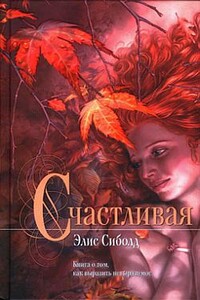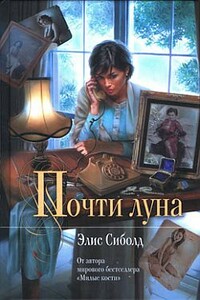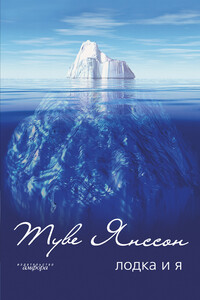, my grandmother thought. She could even feel it in the dark. The place radiated something malevolent. She shivered and began to hear the crickets and see the fireflies gathering in a swarm above his front flower beds. She thought suddenly that she would do nothing but sympathize with her daughter. Her child was living inside the middle of a ground zero to which no affair on her own husband’s part could offer her insight. She would tell my mother in the morning that the keys to the cabin would always be there for her if she needed them.
That night my mother had what she considered a wonderful dream. She dreamed of the country of India, where she had never been. There were orange traffic cones and beautiful lapis lazuli insects with mandibles of gold. A young girl was being led through the streets. She was taken to a pyre where she was wound in a sheet and placed up on a platform built from sticks. The bright fire that consumed her brought my mother into that deep, light, dreamlike bliss. The girl was being burned alive, but, first, there had been her body, clean and whole.
For a week Lindsey cased my killer’s house. She was doing exactly what he did to everyone else.
She had agreed to train with the boys’ soccer team all year in preparation for the challenge Mr. Dewitt and Samuel encouraged her to take on: qualifying to play in the all-male high school soccer league. And Samuel, to show his support, trained alongside her with no hope of qualifying for anything, he said, other than “fastest guy in shorts.”
He could run, even if kicking and fielding and noticing a ball anywhere within his vicinity were all beyond him. And so, while they did laps around the neighborhood, each time Lindsey shot a look toward Mr. Harvey’s house, Samuel was out in front, setting the pace for her – unaware of anything else.
Inside the green house, Mr. Harvey was looking out. He saw her watching and he began to itch. It had been almost a year now, but the Salmons remained bent on crowding him.
It had happened before in other towns and states. The family of a girl suspected him but no one else did. He had perfected his patter to the police, a certain obsequious innocence peppered with wonder about their procedures or useless ideas that he presented as if they might help. Bringing up the Ellis boy with Fenerman had been a good stroke, and the lie that he was a widower always helped. He fashioned a wife out of whichever victim he’d recently been taking pleasure in in his memory, and to flesh her out there was always his mother.
He left the house every day for an hour or two in the afternoon. He would pick up any supplies he needed and then drive out to Valley Forge Park and walk the paved roads and the unpaved trails and find himself suddenly surrounded by school tours at George Washington’s log cabin or the Washington Memorial Chapel. This would buoy him up – these moments when the children were eager to see history, as if they might actually find a long silver hair from Washington’s wig caught on the rough end of a log post.
Occasionally one of the tour guides or teachers would notice him standing there, unfamiliar even if amiable, and he would be met with a questioning stare. He had a thousand lines to give them: “I used to bring my children here.” “This is where I met my wife.” He knew to ground whatever he said in connection to some imagined family, and then the women would smile at him. Once an attractive, heavy woman tried to engage him in conversation while the park guide told the children about the winter of 1776 and the Battle of the Clouds.
He had used the story of widowhood and talked about a woman named Sophie Cichetti, making her his now-deceased wife and true love. It had been like luscious food to this woman, and, as he listened to her tell him about her cats and her brother, who had three children, whom she loved, he pictured her sitting on the chair in his basement, dead.
After that, when he met a teacher’s questioning glare he would shyly back off and go somewhere else inside the park. He watched mothers with their children still in strollers walk briskly along the exposed paths. He saw teenagers who were cutting school necking in the uncut fields or along the interior trails. And at the highest point of the park was a small wood beside which he sometimes parked. He would sit in his Wagoneer and watch lonely men pull up beside him and get out of their cars. Men in suits on their lunch hour or men in flannel and jeans would walk quickly into that wood. Sometimes they would cast a look back in his direction – an inquiry. If they were close enough, these men could see, through his windshield, what his victims saw – his wild and bottomless lust.






